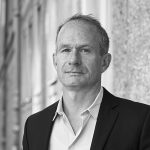When Ukrainians and residents from Ukraine arrive in safe countries, shelter, food, and security are first and key. As editors of the Multiplicities blog, Susy Silva (Lisbon), Dr. Steve Harding (Birmingham, UK) and Dr. Bastian Lange (Berlin/Leipzig) formulate the following phases when people seek new orientation for making their living outside the war territory that has forced them to leave their homes, friends, and labor. We examine the role of various Makerspaces as rescue nodes anew as we have done it during the pandemic in February 2020.
What do Makerspaces in the wider sense encapsulate apart from infrastructures and working basics? Will companionship, solidarity, openness, and open access to knowledge and labor – as we experience it in these spaces – be crucial cornerstones for Ukrainians as well as for our society in times of multiple threads? Where do we see helpful spaces and spaces of hope, when public debates focus on increasing military budgets, increasing energy costs for families, loss of mental stability due to the return of geopolitical block-building?
We are aiming at enriching the debate by asking how small-scale and temporary interventions can play a substantial role contributing to alternative postfossil economies in times of the revenge of the old industrial past and its powerful regimes.
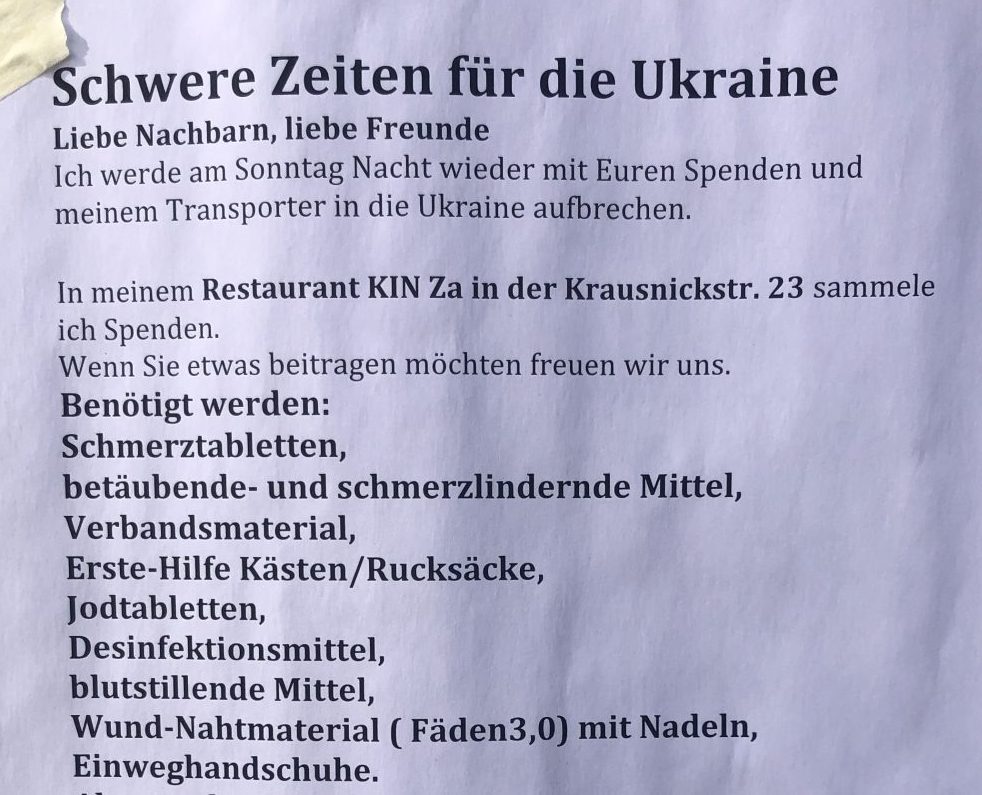
Cities as objectives of war
The military invasion of Russia in Ukraine seeks to destroy the very reason for urban societies at the moment. As seen from outside and through the eye of the media, houses, social infrastructures, public services and cultural places are attacked and systematically destroyed. People seek shelter, men fight for their country, and many families try to flee the country to (south-)western Europe and beyond.
The destruction of the Ukraine communities is aimed at incorporating the Ukrainian state territory into an imaginary of Russian imperialism anew. A leitmotif that is anti-human, anti-modern, and built on bizarre narratives of state sovereignty as a zaristic empire.
Much is in the news to dig out the Russian action logic of either safeguarding their state interests in a globalized and highly interconnected world and to define its cruel identity as a state within the rhetoric of imperialism. As in Aleppo (Syria) and Grozny (Tschetschenien) and in other wars, the destruction of cities is the focus of military action.
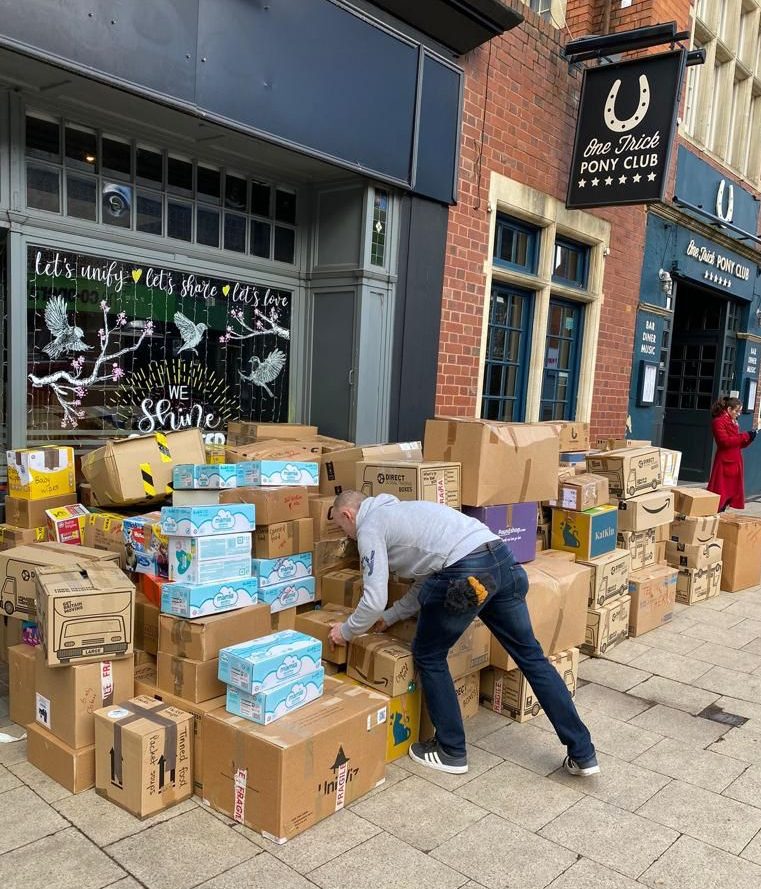
Solidarity, helping hands, and support
As an immediate action outside Ukraine, civic society, families, friends, individuals, and associations acted first and started to help refugees in neighbouring countries from Poland, Turkey, Moldavia, Romenia, Germany, and others.
Geographically, Berlin was, after many border cities, at the forefront to act first. Volunteers brought families from the Polish-Ukrainian border to Berlin and other cities in Germany and beyond. Since Mid- to end March 2022, the state offers spaces in former vaccination centres.
While a frightened society is fearing the approach of a global third world war, political countermeasures point toward military options, getting in trim and toughening the army, and controlling the supply of imported fossil resources. From the German (and many European states) point of view, the idea for many decades, to create an approximation based on economic trade with Russia, seems to be out of scope for the future. Since mainly the European Union and UK seem to be shaken up by the Russian invasion into Ukraine, standardized notions of thinking, debating “dialogue”, and acting as an ordinary citizen on a verbal basis became irrelevant from one day to the other.
In this discursive chaos, ideas of strengthening the national state as a sovereign body go hand in hand with investing 100 billion into military forces without almost any public debate in Germany. Parallel to the fall-back into trialogue block structures between “East, West, and Asia”, the transition of the fossil energy infrastructures to a post-fossil system becomes a key priority, not knowing if the pipeline North stream 1 will continue.
Cynicism, ambivalences, and the dark side of the good
Cynically, parallel to falling back into old patterns of thinking in simplified stereotypes of good and bad, rather future relevant topoi such as the transition toward a post fossil energy supply, the role of local urban production spaces, new spaces of encounter are becoming more and more relevant. In the same moment, we see again the old-fashioned representatives of the fossil regimes who are hoping to prolong the lifetime of their large-scale energy plants, stemming from the fossil era.
These increasing ambivalences and paradoxes rush in our field of thinking, doing and consulting on Makerspaces as prototypical transitional spaces: Is it appropriate to talk about this type of space as we have done so for many years? Can the overall idea of small scale solutions in cities provide a fruitful forward looking viewpoint, that is of public interest in times of large-scale military production and the urgent need to decouple our way of living and production from fossil dependencies?
We state that the next decades need multiple transitions toward new forms of local production, energy distribution, mobility solutions, and safe but also joyful environments for making a good living? Postgrowth viewpoints become more and more relevant. In the community of Makerspaces, multi-facet generations with diverse social, ethnic, economic backgrounds are already practicing the future on a daily basis. With our blog, we want to highlight pop-up interventions, creative breakouts, prototyped urban solutions underneath the radar of the local, regional, and federal state policies. In times of war rhetoric, the return of history, and the fear of further threats on our lives, we position ourselves as curious, engaged, open-hearted but also reflective and solution-driven editors.
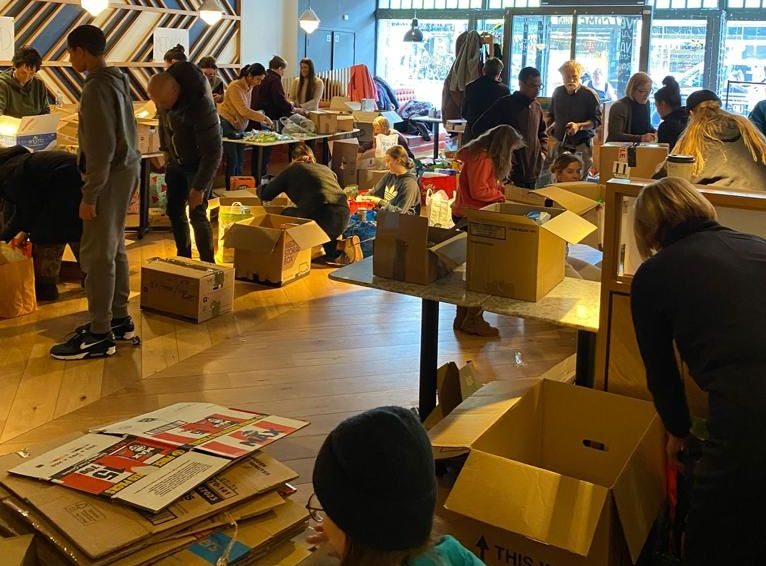
Alternative spaces are needed
We opt for a transition by design not by disaster and aim now to react positively to help Ukraine which is, apart from the individual tragedy, a synonym for imperialism with fossil dependencies.
Since we have commented before on the way Makerspaces enable a sense of cooperation, of co-design and freedom of thought underpinned by interdisciplinary working. There are, we suggest, some immediate steps to consider.
Firstly to convene stakeholders together to share the situation, to enable different perspectives to be articulated and to jointly define some early stage solutions.
Secondly to build on the response to Covid and rethink our use of city spaces to foster these new types of collaboration. This could be repair cafés, FabLabs, social living labs, open labs, Makerspaces, where coworking in different trades display new forms of collaboration.
Thirdly, to focus on a wider definition of civil society to work with public authorities – such as not for profit organizations, local cooperatives, social enterprises, community groups, artists and housing associations. Can we foresee new networked organizations which can respond quickly and effectively to crisis situations where the need is high and public resources are scarce?
Fourthly – how do we incorporate our need to move towards net zero and still respond to the current crisis as we emerge from Covid? Can we see solidarity in dealing with a health and humanitarian crisis enabling new thinking for the green postgrowth agenda in our cities?
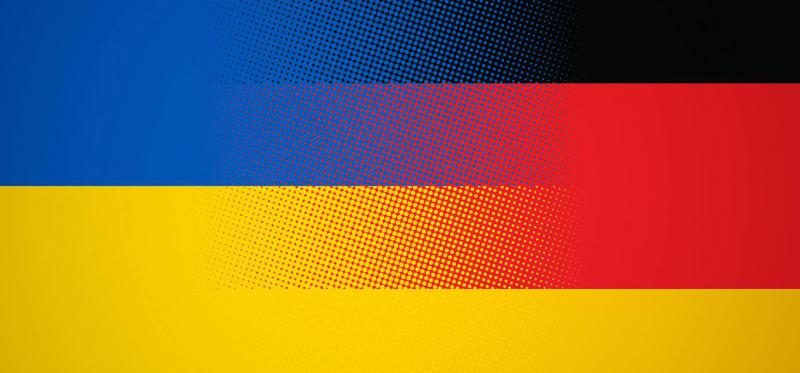
Berlin – arrival city?
As we see in immediate matchmaking platform building such as “Jobs for Ukraine”, collaborative actions among traders are able to respond quickly. On the platform www.volunteer-planner.org, people willing to help can register free of charge and sign up for free shifts at various help offers. The Berlin City Mission asks for more volunteers for the Welcome Hall at the main train station. Especially people who speak Russian or Ukrainian as well as people for the night shift are needed. Volunteers should commit themselves for at least three hours.
Albatros gGmbh is looking for short-term reinforcements for the possible construction of accommodation for refugees. Support is also needed in the areas of psychosocial care and job coaching volunteers in Tegel. The Arbeiter-Samariter-Bund Berlin (ASB Berlin) operates the arrival center in the former Tegel Airport together with other aid organizations. For this purpose, the ASB is urgently looking for staff support on a full- and part-time basis, especially in the areas of supply, coordination, set-up and warehouse logistics.
The non-profit organization Krisenchat offers digital, psychosocial counseling via chat in real time. Ukrainian- and Russian-speaking psychologists are currently urgently sought for psychosocial first aid. The women’s meeting place HellMa has set up an information and support point for refugees from Ukraine. Above all, translators, psychologists and trauma therapists are needed. The Rabenhaus in Berlin offers its rooms where people from Ukraine as well as supporters can exchange ideas – besides the permanent offers for all people in the neighbourhood. Private initiatives popped up in large numbers so that the local state suggests to act within the formal frame of providing professional services even.
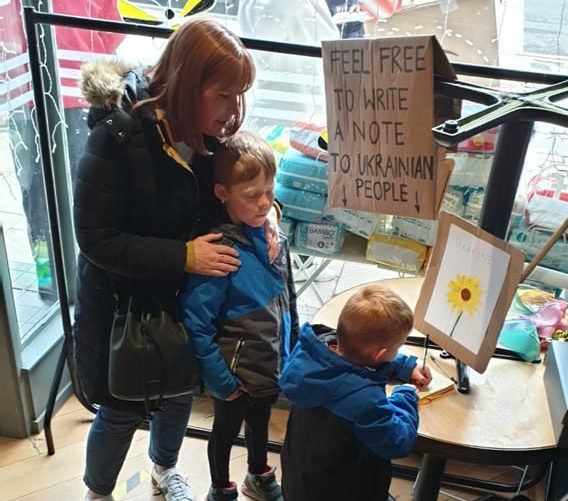
Birmingham – ground response in Moseley
The Ukraine crisis has come on top of the two years of Covid. The first lockdown in the UK “The Good Lockdown” from March to July 2021 saw a massive response in civil society coming together – a positive wave of community engagement to support vulnerable communities.
The case of Moseley Community Development Trust (MCDT) in a suburb of Birmingham, highlights the practical on the ground response from a neighbourhood perspective. MCDT pre-pandemic, successfully focused on a community of 50+ coworking enterprises in the Moseley Exchange www.moseleyexchange.com and support for its business tenants in the old post office building to generate revenues to enable community projects to take place. The shift in Covid times saw a re-invention of the way the MCDT supports the local community – building on its core activities and additionally providing logistics support for vaccination centres and in organising volunteers for food parcel distribution and support for issues around health and combating isolation. Over a hundred local people became involved in this way as volunteers.
Moseley Community Development Trust (MCDT)
This shift led to the MCDT to take a short lease in 2021 on an ex-pizza chain restaurant on the High street and open a temporary new site as a community hub – The Hive.
At the start of March and the clear community demand for action to help Ukraine, The Hive then became the neighbourhood centre for mobilising local support for Ukrainian refugees. Over these past weeks it became a local collection and distribution centre for clothing and provisions.
This illustrates the responsiveness of local centers building on the collaborative culture which arose through the Covid times which was quickly directed towards support for Ukraine. This contingent approach will be necessary as the Ukraine crisis unfolds and new forms of response are needed in the community – probably around the way Moseley welcomes and supports refugees in the city. This is the anchor role MCDT plays as a trusted source of help in directing residents to educational and health services and to work and enterprise related activity in the city. In the next few months MCDT will build on its links with organisations such as The Old Print Works. The former School of Art www.moseleycommunityhub.org.uk and The Women’s Enterprise and Community Hub www.i-se.co.uk
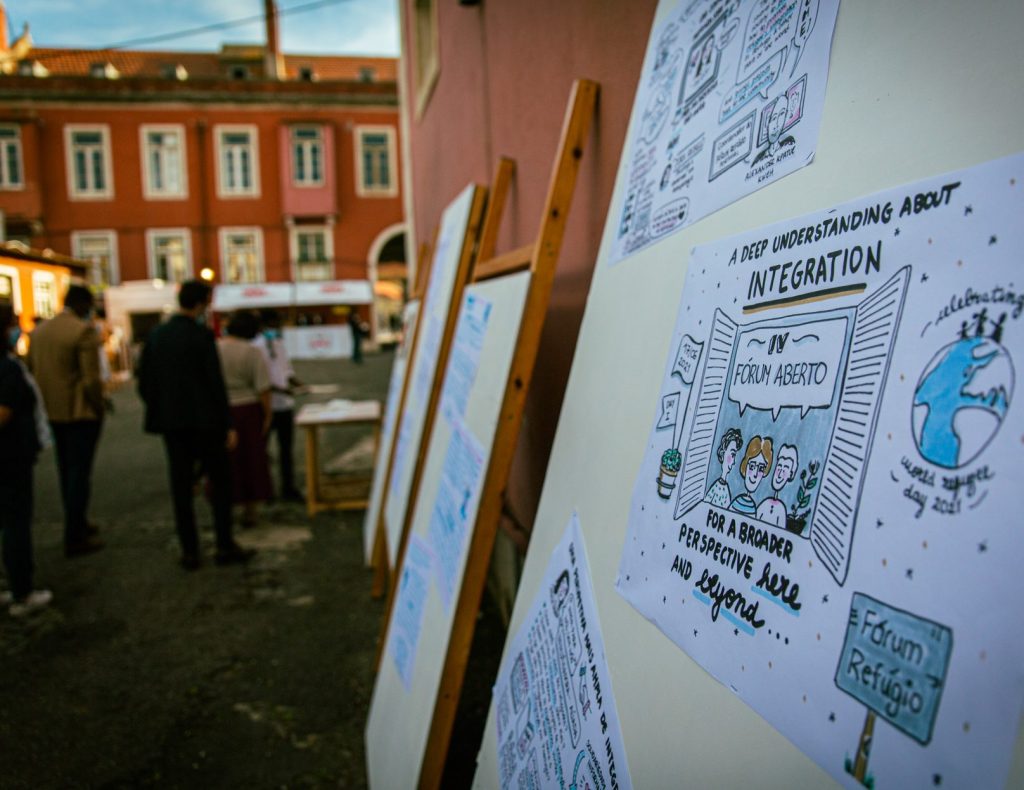
Lisbon – Residences Square
Largo Residências – Residences Square – is a hostel, hotel, artist-in-residence and café in Lisbon’s fast-changing historical city centre neighbourhood in Lisbon. Largo, run as a cooperative, aims at connecting the area’s past and future since 2011: it serves as a community hub for many of the area’s residents and initiatives, and develops projects to support the cultural and social inclusion of the neighbourhood’s most precarious inhabitants. Combining activities for inclusion and cultural residency with economic sustainability in an environment where public buildings were not available and public grants were limited. Today is an established open artistic space that is financially sustainable and thus covers the costs of cultural work and has a positive impact on the community.
But the neighbourhood has changed once again for the increased number of refugees coming to this space. People who, on the one hand, are very emotionally tired, in a position of fragility and shock for having left their country many times with nothing, but also with a feeling of relief for being out of a war situation, are here followed by important psychosocial support work to be carried out by a multidisciplinary team that receives them. An adaptive creative mindset provided a program for healing and inclusion, the Refuge Residences.
Multicultural projects for inclusion in Largo Residences. Lisbon
A project born from the fusion of the mission of Largo Residences, Refuge Forum and the Aga Khan Foundation, with the support of the Lisbon City Council. Its objective is to act in the inclusion and improvement of the living conditions of asylum seekers and refugees in the multicultural Lisbon’s city centre.
Through a team of mediators who speak Arabic, Somali, French, English, Portuguese, Fula, Mandinga, Kikongo, Ukrainian, Russian, Tigrinya and Bambara, the project aims to reinforce support for people who are in a refugee situation in the different needs they face related to access to services, job search, language learning and emergency needs.
Relying on its local network with residents and other associations created in the past years, Largo has effectively constituted a welfare net that takes care of vulnerable residents, who join the activities conceived as an empowerment process, with increasing personal security, as well as new networking and job opportunities. While in parallel, it develops a program of cultural activities such as open studios, workshops, conversations, concerts, film cycles and others, designed by mediators and artists based on the interests of the participants.
Groups of migrants and refugees, especially women and children, from different parts of the world have been meeting at Largo. In these meetings, they learned various artistic methods and made several experiments in engraving, drawing, illustration, binding, screen printing and embroidery that resulted in beautiful objects and workshops that lead to exhibitions, fairs and festivals. To share a collective imagination and discover new meanings through craft creation and design, speaking a common language that is not made of words, but of images and the process of making.
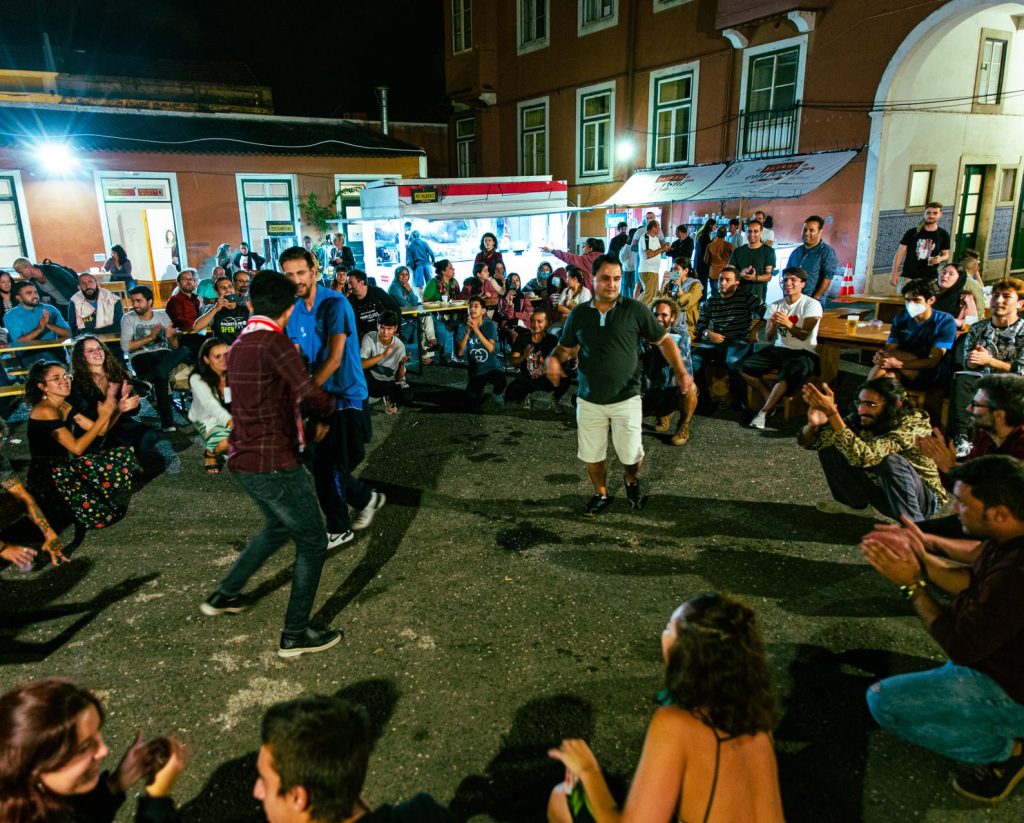
The Case of the Embroidered Picnic
The collective practice of embroidery and the generous sharing of knowledge are ways to create understanding and bridges between different cultures. As we live in a time of extremism in which new wars emerge and others remain for so long that we forget they even exist. Embroidering with strangers is another way of meeting people with other cultures and histories, creating bridges to greater humanism.
No prior knowledge was required for participation, anyone could learn and there were some basic materials that we could borrow during the session. For those who already had the habit of embroidering, they were asked to bring their own material (hoop, threads). Donations were also accepted.
Going to embroider a long cloth with some designs made at the Art & Craft Refugee meetings, to which were to add new designs suggested by those who came to embroider. Art for refugees in transition. Spaces in cities in transition. Stitching platforms to raise awareness and encourage refugees to realise their own potential. Providing an opportunity for refugees to collaborate and express themselves using art as a source of livelihood and also a form of therapy.
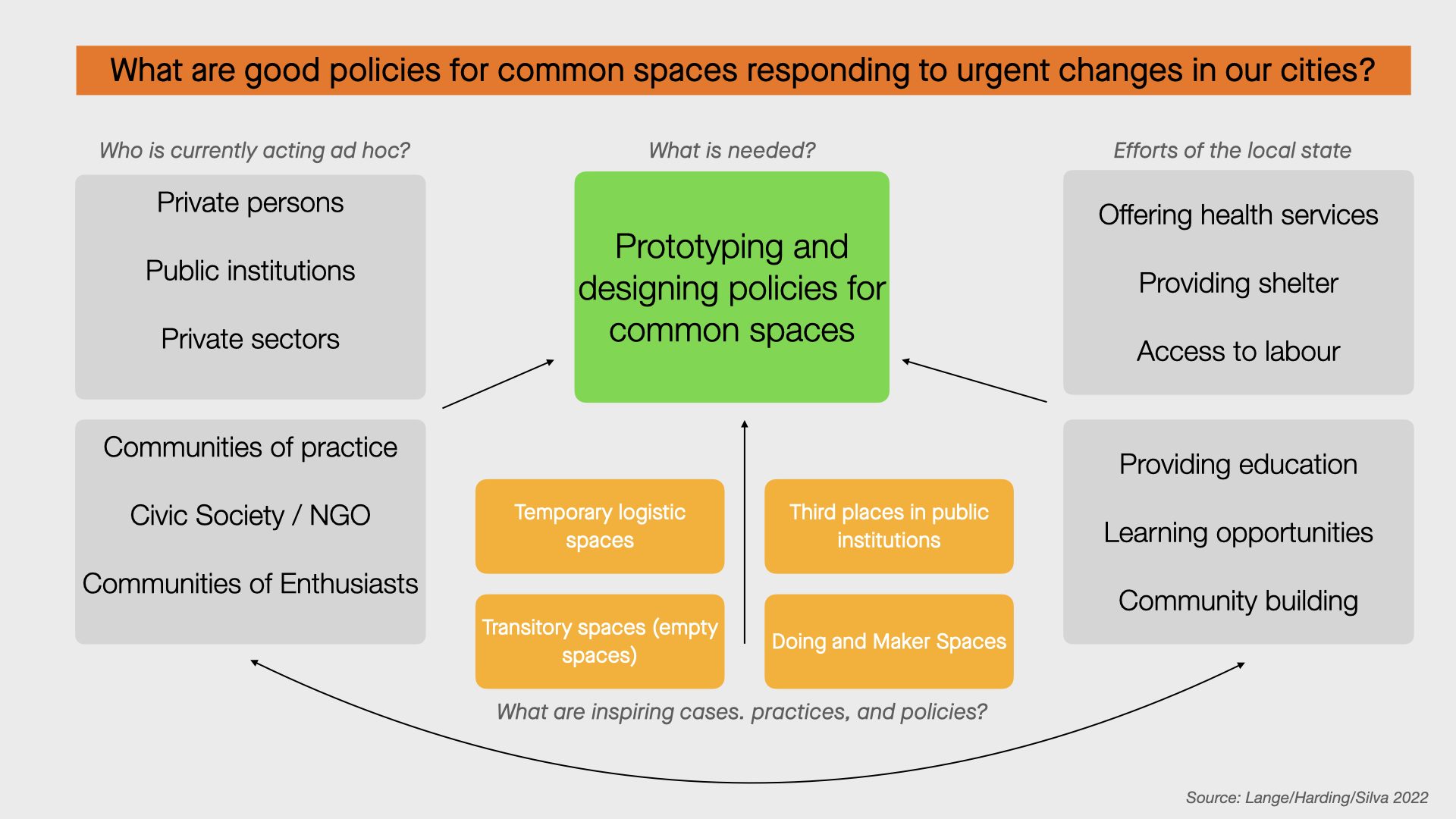
Outlook: Alternative viewpoints will follow
We observe that new physical and digital spaces in cities are needed. As commentators, we screen emerging actions and policies in European cities trying to cope with the new situation and how to provide new spaces. Our blog is a free and independent platform for emerging trends and policy measures in Europe, focussing on the role of new hubs in neighbourhoods.
We will engage in conversations with policy maker and share our observations with different cities and working environments. Perceived as a collaborative encounter, a conversation, we are curious to receive different viewpoints and offer some of our insights from our cases and findings.
In times of increased global turbulence, local actions in the neighbourhood need to be strengthened. Our mission is to engage in policy to design with you how this can be enabled. We are interested to know what the local state actually does to provide spaces for refugees, but also for new post-covid spaces in the public, to reanimate social life? What infrastructures are needed? How can new spaces which are “open” in nature influence the way the city responds to change? What kinds of interactions are needed from stakeholders – Schools, Further Education, Universities? As a team, we will provide open reactions and first comments on how to design policies in your context.
